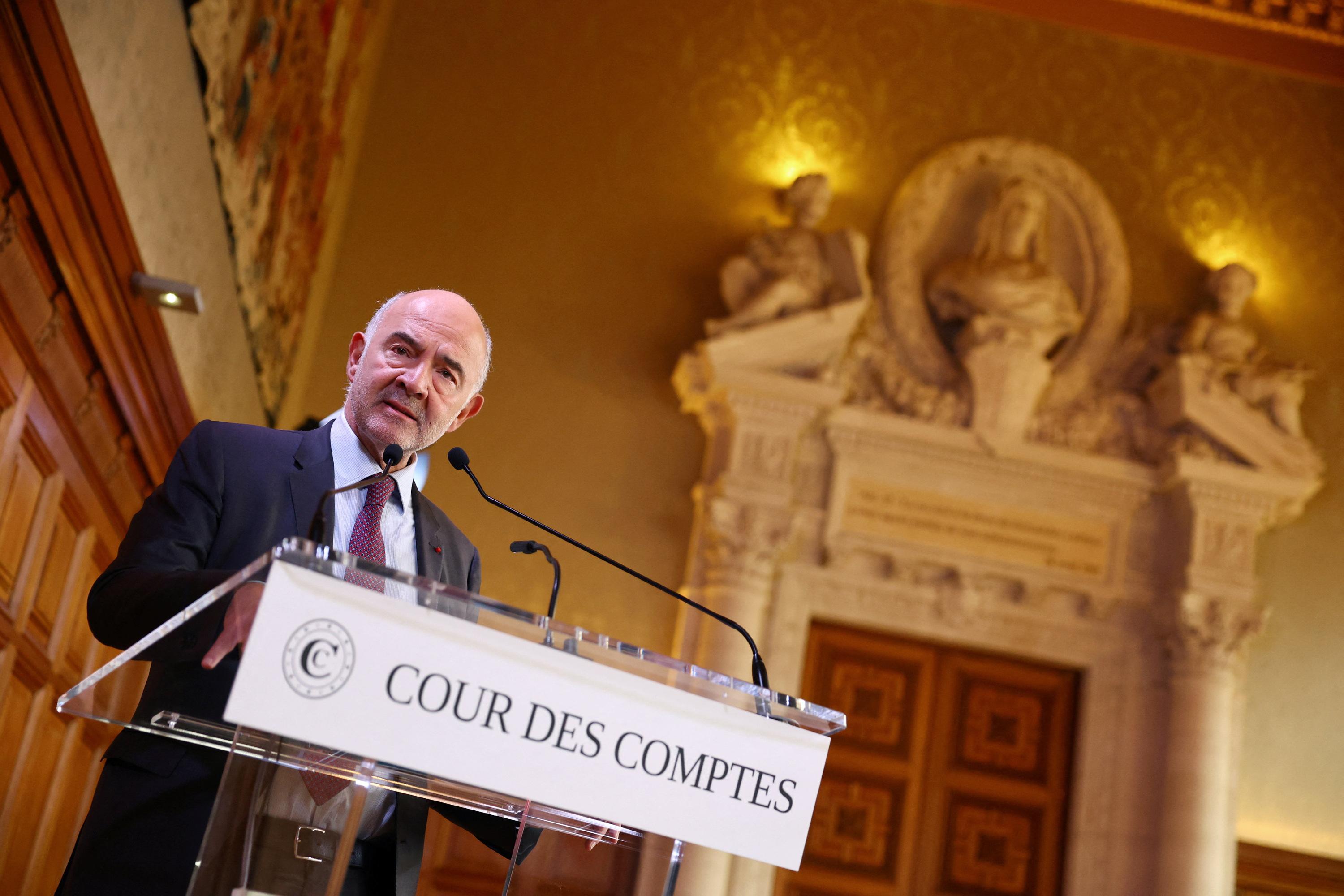France Reinstates Pre-2019 Exit Tax Amid Budget Debates; Dutreil Pact Faces Scrutiny
The French Assembly reinstates the pre-2019 exit tax, scrutinizes the costly Dutreil pact, and debates environmental tax reforms amid ongoing pension reform suspensions.
- • The National Assembly reinstated the 'exit tax' to its pre-2019 form, reversing Macron-era relaxations.
- • The Cour des comptes published a critical report on the Dutreil pact, revealing a €5 billion annual cost without economic benefits.
- • Pension reform suspension was approved, reflecting ongoing political tensions.
- • The Assembly debated and revised the 'polluter pays' tax on PFAS emissions, with proposed delays to its implementation.
Key details
In November 2025, the French National Assembly engaged in extensive discussions over the 2026 budget, approving significant fiscal amendments amid persistent pension reform suspensions. Among the key developments was the reinstatement of the 'exit tax' to its version prior to 2019, reversing earlier relaxations enacted under President Macron intended to bolster France's appeal to expatriates. This amendment, proposed by Jean-Philippe Tanguy (RN), was approved by deputies despite the extensive 1300 amendments pending discussion.
Simultaneously, the recently released comprehensive report by the Cour des comptes, developed in partnership with the Institut des politiques publiques and drawing from Ministry of Economy and Finance data, sharply criticized the Dutreil pact. The report highlights the pact's substantial cost to the state—estimated at 5 billion euros annually—without delivering clear economic benefits. This has fueled debates as left-wing politicians question the effectiveness of this major tax advantage, while conservative figures like LR deputy Philippe Juvin lament the difficulty of revising the pact's provisions.
Amid these fiscal debates, the Assembly also approved suspending the latest pension reform, underscoring ongoing political and social tensions. Meanwhile, efforts to implement environmental fiscal measures, such as a revised 'polluter pays' tax targeting PFAS emissions, continue to provoke debate, with proposals to clarify its application and potential delays in enforcement to 2027 creating divisions among lawmakers and environmental advocates.
The intricate budgetary discussions underline the challenges facing France's economic policy landscape as the government balances fiscal consolidation with reform ambitions and environmental concerns.
This article was translated and synthesized from French sources, providing English-speaking readers with local perspectives.
Source articles (4)
Source comparison
Latest news
France Returns the Djidji Ayôkwé Talking Drum to Côte d'Ivoire After Over a Century
Record 37 Days of Rain Triggers Ongoing Severe Flooding in Western France
Political Divisions and Social Tensions Intensify Following Quentin Deranque’s Death in Lyon
French Economy Minister Calls for Full Insurance Industry Mobilization Amid Devastating Storm Floods
France Boosts Social and Solidarity Economy with New Tools and Potential Tax Reforms in 2026
Saint-Nazaire Mayor Condemns Vandalism of Two Political Offices as Attack on Democracy
The top news stories in France
Delivered straight to your inbox each morning.


